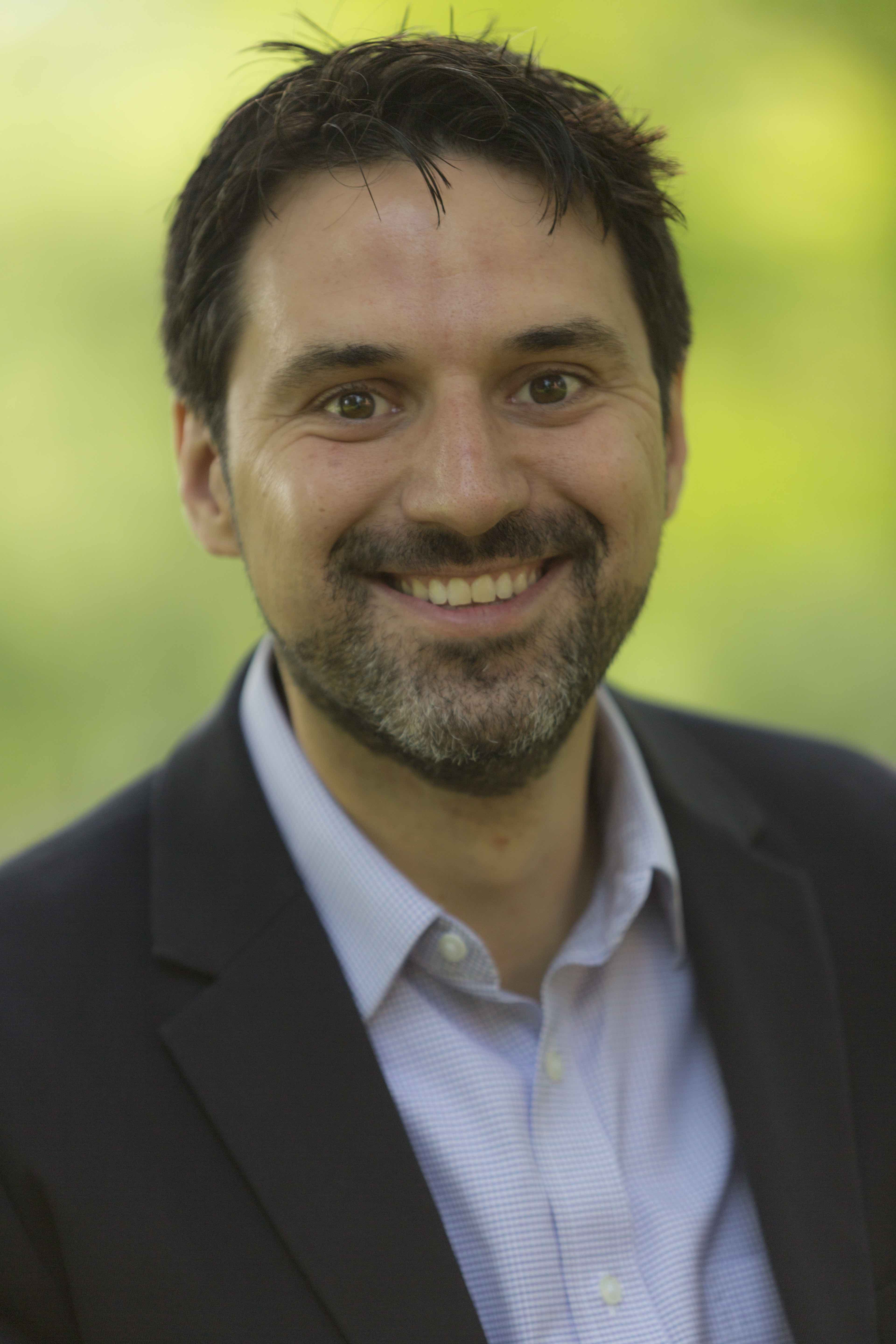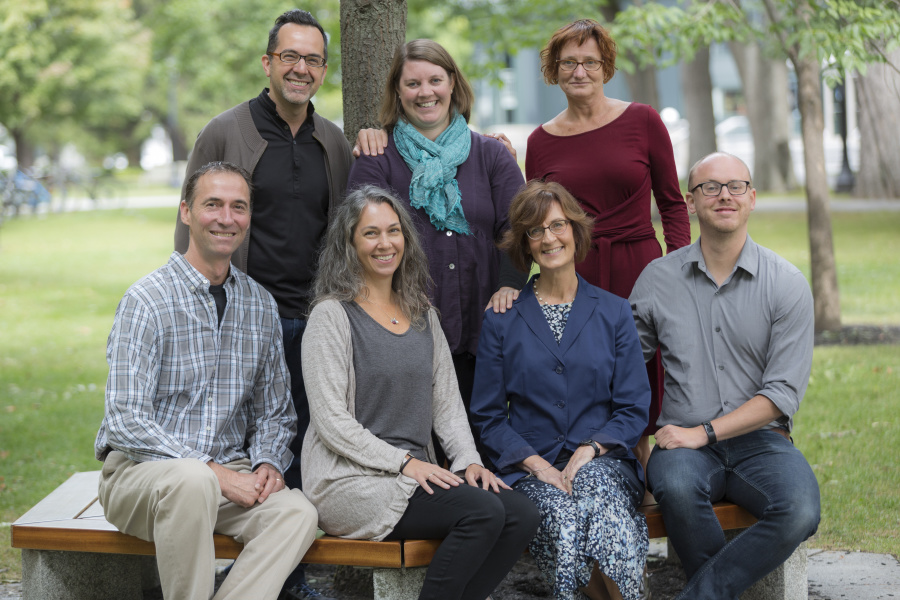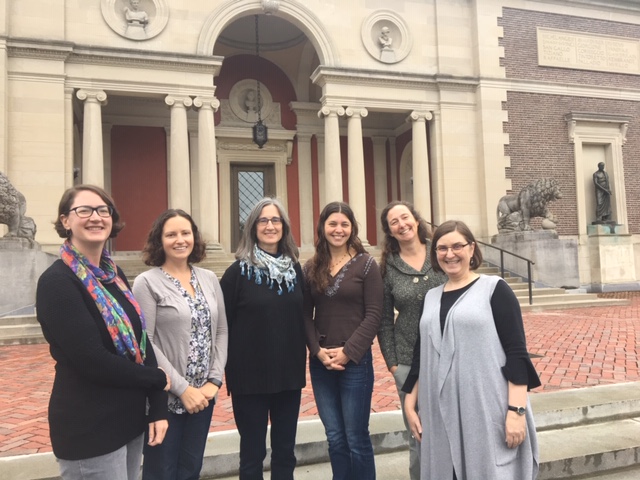Seven New Faces on Campus: Meet the New Tenure-Track Faculty
By Tom PorterThis semester Bowdoin College is welcoming seven new tenure-track faculty members in a variety of fields, from ethnomusicology to computer science and mathematics, by way of government, biology, and anthropology. The professors shared a bit about their backgrounds, their research and teaching interests, and what they like to do when they find themselves with free time.
1. Javier Cikota, Assistant Professor of History
Research areas: I am interested in how people negotiate interpersonal relationships in the absence of a strong state presence. In other words, I research the expansion of state agencies into borderland areas to understand how different groups of people forge alliances, identities, and social networks to leverage the power of the state to their own ends.
My book project, Frontier Justice, looks at this process in northern Patagonia, which was invaded by Argentina in the 1880s, focusing especially on how immigrant and indigenous groups adapted to an underfunded and understaffed police and judicial system to strengthen their own position on the frontier.
Teaching interests: I am currently teaching a course on colonial Latin American history and a seminar on race, gender, and power in borderlands across the hemisphere. Next semester I will be teaching a modern Latin America survey and a seminar on race and belonging in Latin America. Further down the line, I want to teach a course on women and gender in Latin America and courses on the history of Brazil and Argentina. I am designing a course on “micro-histories”—how small personal stories can illuminate hidden dimensions of large historical events—but I am not yet sure if it will be a first-year seminar or not.
Broadly, I am interested in teaching students about the polyphony of voices and interpretations that make up history, and immersing them in the lives of people who lived in distant places and times.
Life before Bowdoin: I grew up in a small town nestled in the Andes, in Patagonia, not far from the border between Argentina and Chile. I moved to the US after graduating from high school, attended Austin Community College for a few years, and received my BA from the University of Texas at Austin. I did my graduate work at the University of California, Berkeley.
Life beyond Bowdoin: When I am not working I enjoy jogging, swimming, hiking, and the occasional soccer game. I like tinkering with electronics, the occasional videogame, and trying out new recipes. I enjoy spending as much time as possible with my wife and our son, who can sometimes be found chasing squirrels on campus.
2. Adanna Jones, Assistant Professor of Dance
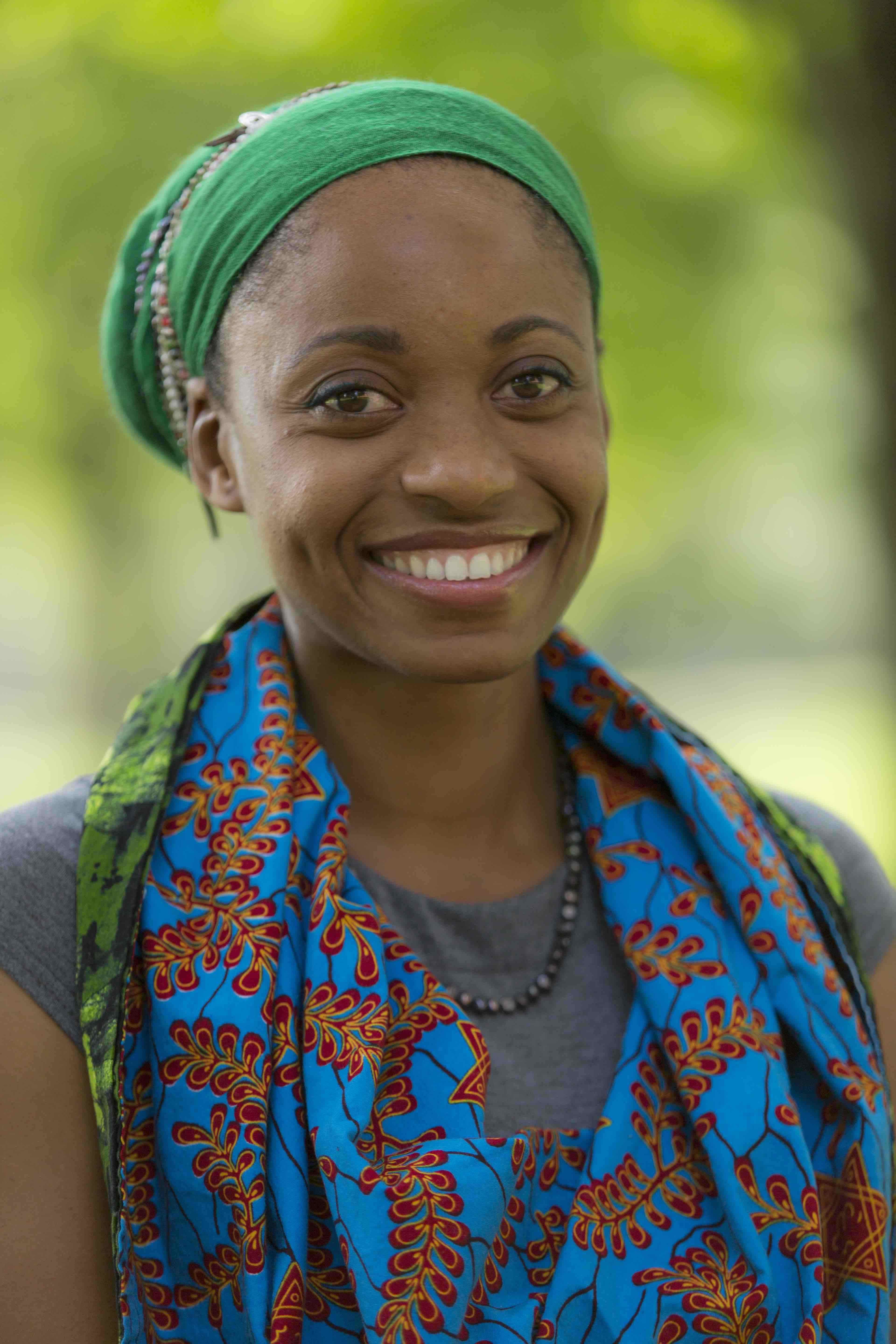 Research areas: In general, my work places the rigorous practice and performance of Caribbean dance in critical conversation with history, culture, theory, and embodied aesthetics. In particular, my research and teaching focus on the transcultural, transnational, sexual, and racial politics that Afro-Caribbeans must navigate as they dance both within and throughout Caribbean and US spaces.
Research areas: In general, my work places the rigorous practice and performance of Caribbean dance in critical conversation with history, culture, theory, and embodied aesthetics. In particular, my research and teaching focus on the transcultural, transnational, sexual, and racial politics that Afro-Caribbeans must navigate as they dance both within and throughout Caribbean and US spaces.
For example, one of the dances I focus on is the rolling-hip dance known as the wine. Also known as winin’, the wine is informally learned at a very young age and profoundly associated with and performed at Trinidadian-styled carnivals. Using a multisited, transnational, ethnographic lens, I track the ways in which this dance plays an integral role in the formation of Caribbean identity within the US.
Teaching interests: This fall I am teaching Cultural Choreographies—an in-studio survey dance class that teaches students (of all dance levels) Jamaican dancehall and Caribbean carnival dance techniques and dance culture. Each class is rooted in the cultural histories from which these dance genres were created. I am also teaching Dancing Histories, which is a critical approach to understanding the ways in which dance and the moving body engages with, conforms to, challenges, and/or completely subverts the politics of race, ethnicity, gender, sexuality, class, and nationalism. Next semester I will be teaching Geographies of Sexiness (a dance studies seminar that introduces students to the practice of dance research through readings, discussions, writing, and embodied practice) and Afro-Modern II (an in-studio dance class that fuses Afro-Caribbean dance techniques and US-based modern dance techniques).
Life before Bowdoin: I was born in San Fernando, Trinidad, and grew up in New Jersey from the age of seven. I went to undergrad at Mason Gross School of the Arts and did my PhD at the University of California, Riverside. Immediately before coming to Bowdoin College, I was a postdoctoral fellow for faculty diversity in the dance department at the University of Maryland, Baltimore County. There, I conducted a multisited, transnational ethnography that tracked the ways in which Caribbean choreographers played an integral role in the support and preservation of contemporary Caribbean identity politics within the US. In particular, this leg of my research attends to the ways choreographers Cynthia Oliver (St. Croix) and Makeda Thomas (Trinidad) use dance and Caribbean culture to complicate US-based constructions of black identity.
Life beyond Bowdoin: I love to DANCE!! And I love learning new dance styles and genres. Moreover, community is extremely important to me, so I tend to spend a lot of time staying connected to family and friends, as well as to my Caribbean peoples and cultures. Lastly, I love to sing in the shower and go on adventures with friends. You just might catch me learning how to ski and ice-skate this year; two activities I have never done in my life. Ha!
3. Shenila Khoja-Moolji, Assistant Professor of Gender, Sexuality, and Women's Studies
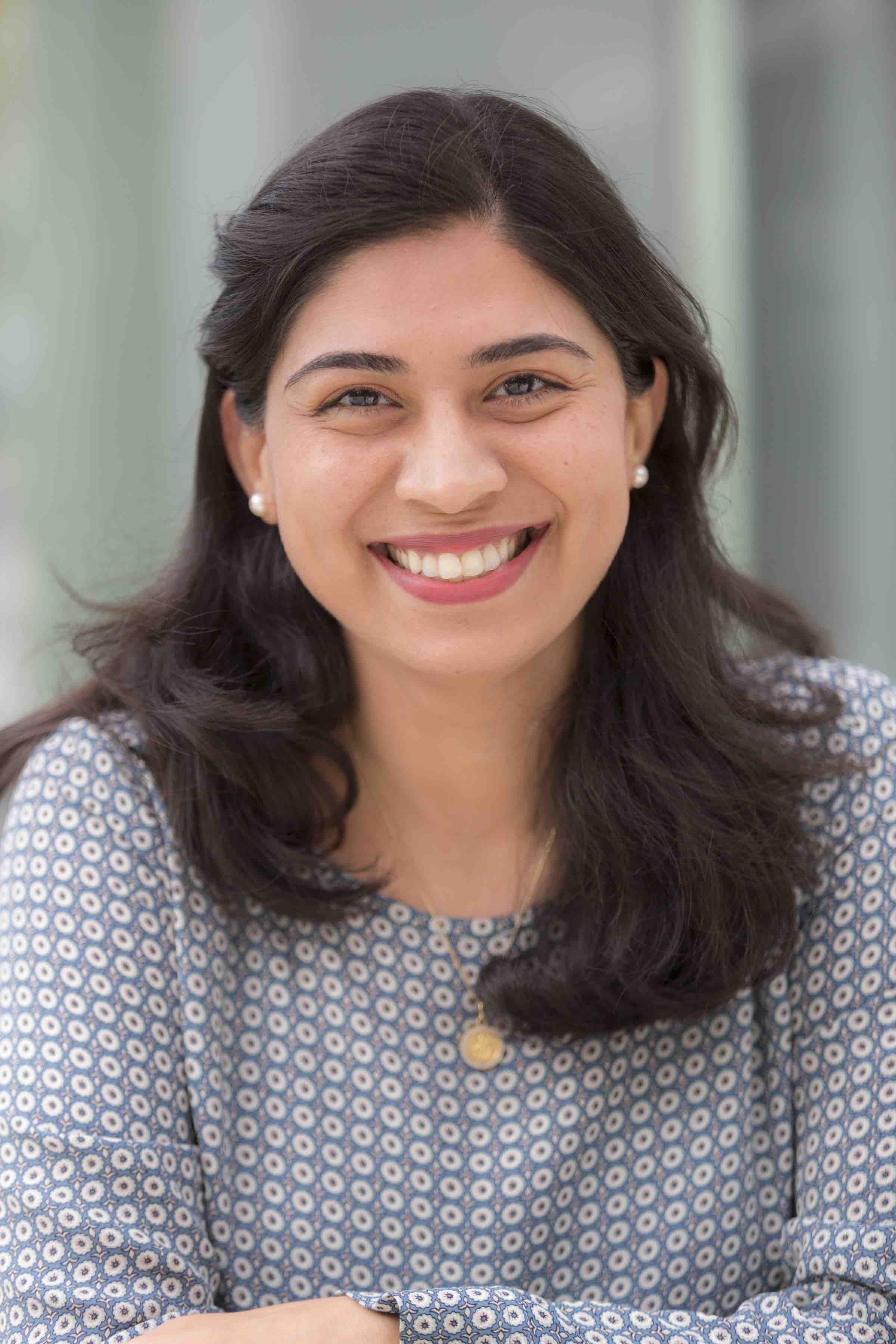 Research areas: I draw on transnational feminist, critical race, and postcolonial theories to examine discourses of education, national security, terrorism, and human rights, to illuminate how they are constitutive of gendered and racialized subjectivities. I explore these issues empirically in relation to Muslim populations in Pakistan and the United States.
Research areas: I draw on transnational feminist, critical race, and postcolonial theories to examine discourses of education, national security, terrorism, and human rights, to illuminate how they are constitutive of gendered and racialized subjectivities. I explore these issues empirically in relation to Muslim populations in Pakistan and the United States.
I have recently published a book titled, Forging the Ideal Educated Girl: The Production of Desirable Subjects in Muslim South Asia (University of California Press). The book combines historical and cultural studies analyses with ethnographic work to examine the construction of the “educated girl” in colonial India and postcolonial Pakistan.
Teaching interests: I teach in the areas of girlhood studies, masculinities and state power, gender and education, and critical development studies.
Life before Bowdoin: I grew up in Hyderabad, Pakistan. Before Bowdoin, I was a postdoctoral fellow and visiting scholar at the University of Pennsylvania’s Alice Paul Center for Research on Gender, Sexuality and Women. I received my doctorate from Columbia University, master’s from Harvard University, and bachelor’s from Brown University.
Life beyond Bowdoin: I love to travel and experience new environments, so I am looking forward to exploring the state of Maine more.
4. Willi Lempert, Assistant Professor of Anthropology
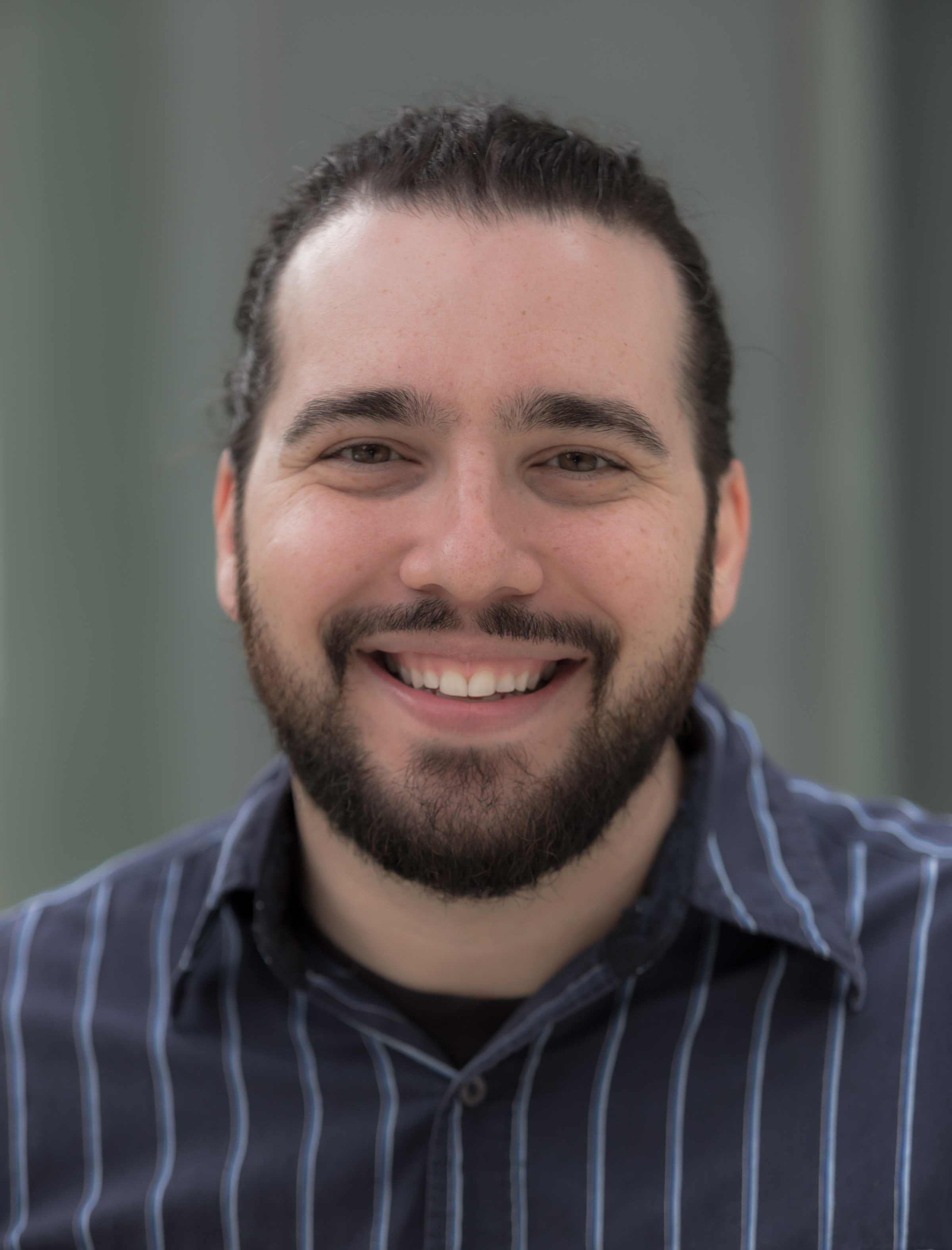 Research areas: My research is focused on the daily social life of Indigenous Australian filmmaking and is based on over two years of ethnographic research in the Kimberley region of Northwestern Australia since 2006. I follow the lifecycles of dozens of film projects through daily collaboration within production teams to understand the stakes of Aboriginal self-representation embedded within the process of filmmaking itself.
Research areas: My research is focused on the daily social life of Indigenous Australian filmmaking and is based on over two years of ethnographic research in the Kimberley region of Northwestern Australia since 2006. I follow the lifecycles of dozens of film projects through daily collaboration within production teams to understand the stakes of Aboriginal self-representation embedded within the process of filmmaking itself.
I am interested in the paradoxical relationship between the production of films that vividly imagine hopeful and diverse Indigenous futures, and the widespread defunding of Aboriginal communities and organizations. My upcoming projects focus on films about Aboriginal sign language, as well as the epidemic of ear infection-induced hearing loss in Indigenous Australian communities.
Teaching interests: I am excited to teach a variety of courses in anthropology around indigeneity and media, including classes on Indigenous Australia and North America, as well as student media production and native cinema. I am especially excited to teach a first-year seminar on imagining futures and to integrate virtual reality into my upcoming course on global indigenous film.
Life before Bowdoin: As an undergraduate, I majored in interdisciplinary studies through the Western College Program at Miami University in Oxford, Ohio. I then collaborated with Indigenous film festivals for my MA in cultural anthropology through the University of Denver. I completed my PhD in cultural anthropology at the University of Colorado, Boulder, which included twenty-eight months of ethnographic fieldwork with Aboriginal Australian media organizations.
Life beyond Bowdoin: To keep active, I like to swim and jog around town. In my free time, I love to play guitar and drums. I am trying to become a better cook and enjoy making culinary attempts while listening to a variety of podcasts. I especially love the ocean and am looking forward to exploring the New England coast.
5. Alexandria (Alex) Marzano-Lesnevich, Assistant Professor of English
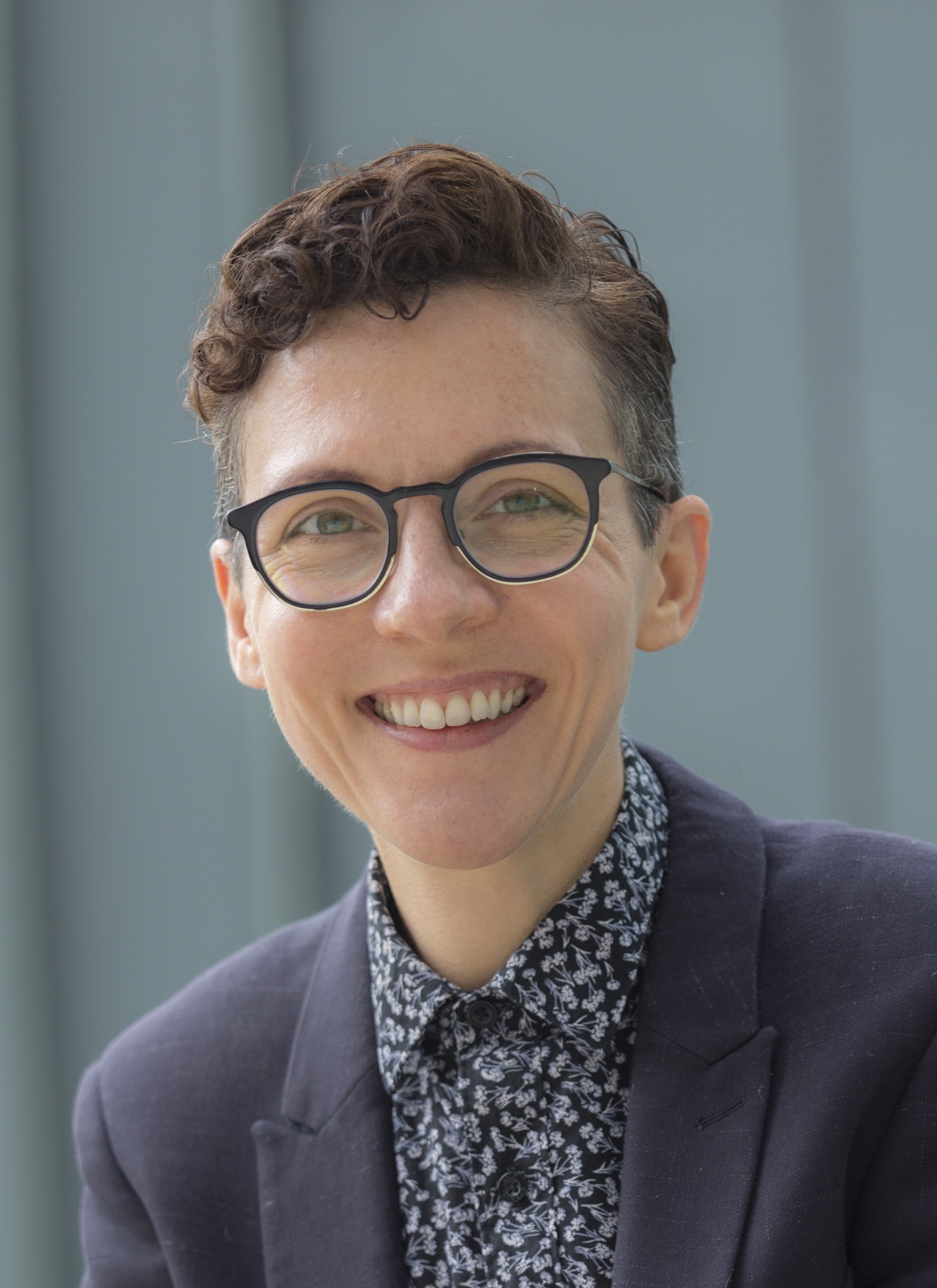 Research areas: A lot of my work concerns the question of how we make stories out of the past and how we narrate our experiences and our lives to ourselves. My first book, The Fact of a Body: A Murder and a Memoir (Flatiron Books, 2017) combined true crime, memoir, and formal experimentation to look at this question through the lenses of the criminal justice system and family. Now I’m working on two new (and very different!) projects, one about the Cambodian genocide and one about genderqueer identity.
Research areas: A lot of my work concerns the question of how we make stories out of the past and how we narrate our experiences and our lives to ourselves. My first book, The Fact of a Body: A Murder and a Memoir (Flatiron Books, 2017) combined true crime, memoir, and formal experimentation to look at this question through the lenses of the criminal justice system and family. Now I’m working on two new (and very different!) projects, one about the Cambodian genocide and one about genderqueer identity.
Teaching interests: In Spring 2019, I’ll be teaching The Art of Creative Research and Longform Nonfiction Writing. I enjoy teaching classes that encourage students to think broadly about what nonfiction can do, via its engagement with research, memory, and the imagination.
Life before Bowdoin: I grew up in New Jersey, went to college at Columbia in New York City, and moved to New England for law school at Harvard—and then stayed, through my MFA in nonfiction writing at Emerson College and several years of teaching in the graduate public policy program at Harvard’s Kennedy School of Government.
Life beyond Bowdoin: As soon as I moved to Maine, I got a Bernedoodle puppy—so she takes up a good deal of my time! She’s now almost five months old and enormous. I love hiking, camping, being on and in the water, eating as much lobster as possible, and generally taking advantage of living in Maine. I’m also an avid “Crossfitter” and weightlifter. And I love to travel and explore, whether overseas or through the pages of an evocative book.
6. Salar Mohandesi, Assistant Professor of History
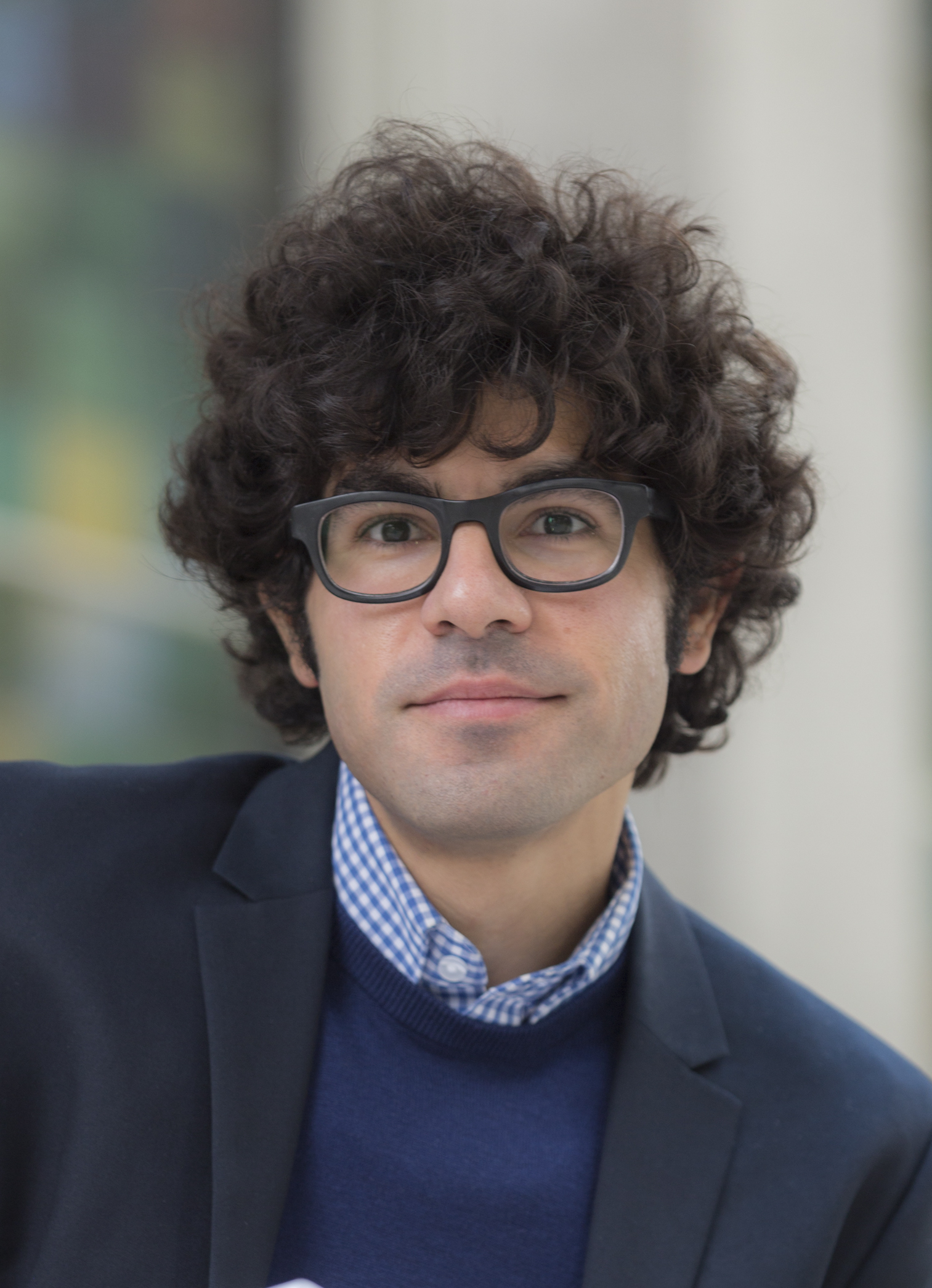 Research areas: My research focuses on the transnational history of ideas, social movements, and political cultures, in the wider context of war, revolution, and imperialism. I’m especially interested in political theory, twentieth-century social movements, imperialism and anti-imperialism, and the global 1960s and 1970s.
Research areas: My research focuses on the transnational history of ideas, social movements, and political cultures, in the wider context of war, revolution, and imperialism. I’m especially interested in political theory, twentieth-century social movements, imperialism and anti-imperialism, and the global 1960s and 1970s.
Teaching interests: My classes investigate the competition between different conceptions of politics, economics, and social life in the twentieth and twenty-first centuries. I offer courses on fascism, revolutions in the twentieth century, the Vietnam Wars, Europe from 1945 to the present, the 1960s and 1970s, and the global Cold War, among others.
Life before Bowdoin: I grew up outside of Washington, DC, earned a BA in literary and cultural studies and history at the College of William and Mary, and completed my MA and PhD in intellectual history at the University of Pennsylvania.
Life beyond Bowdoin: When I’m not working, I like to spend my time reading, writing, traveling, watching films, and trying out new cuisines.
7. Mary Rogalski, Assistant Professor of Biology and Environmental Studies
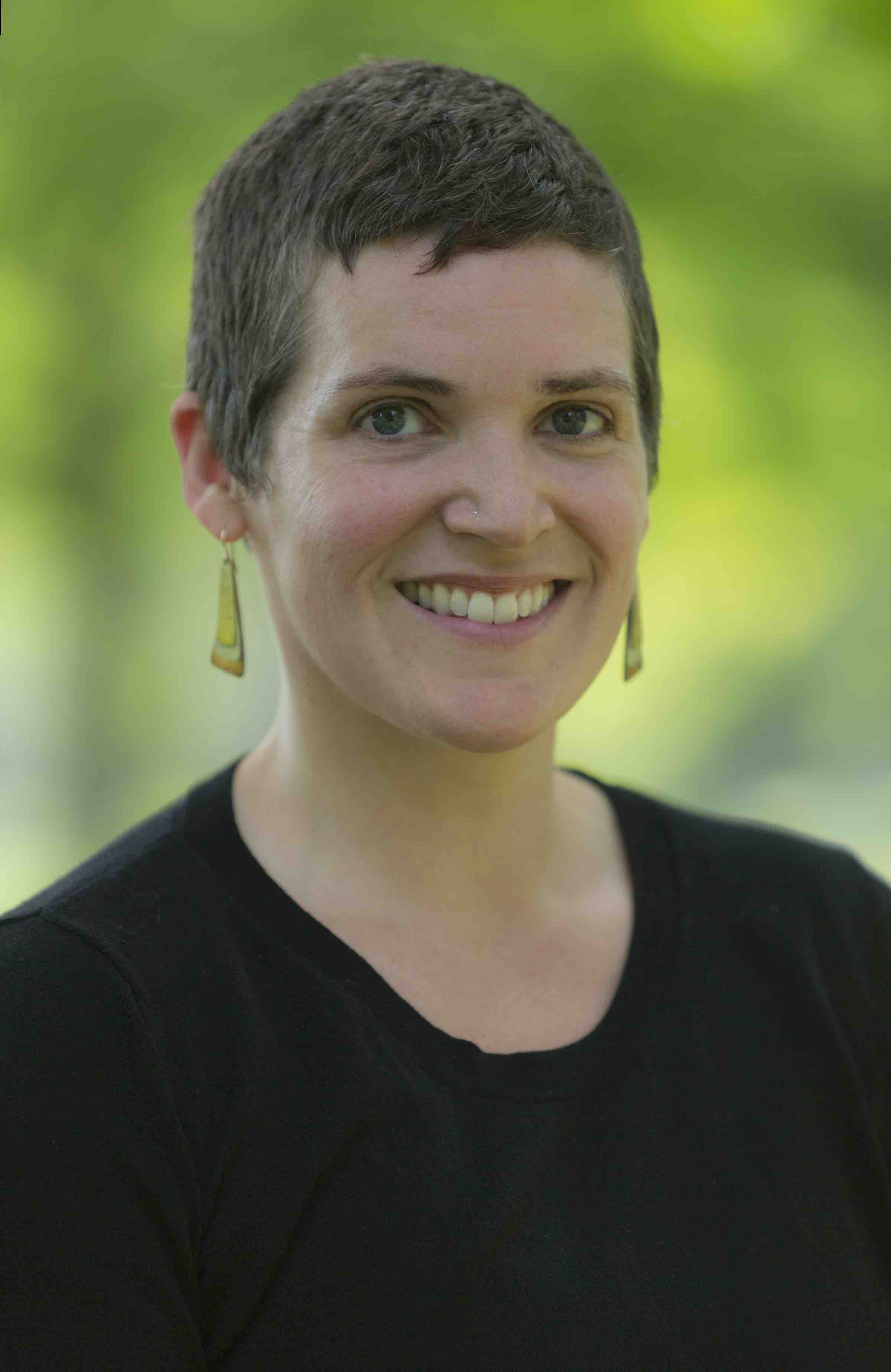 Research areas: I am an evolutionary ecologist working primarily in lake ecosystems. I study how human activities impact which species we see in a lake, how those species interact, and the traits that those species display.
Research areas: I am an evolutionary ecologist working primarily in lake ecosystems. I study how human activities impact which species we see in a lake, how those species interact, and the traits that those species display.
Much of my research focuses on microscopic crustaceans called Daphnia, tiny grazers that do a great job of consuming algae. I am particularly interested how exposure to chemical pollution like road salt and heavy metals affects Daphnia. I use a combination of field studies and laboratory experiments in my work.
Teaching interests: My teaching interests span a range of topics related to ecological and evolutionary responses to human impacts on the environment. I plan to offer an upper-level seminar on ecotoxicology and a field course in aquatic ecology.
I teach a non-majors’ course called Prove it! designed to build skills in scientific and quantitative reasoning as well as science communication. I will also regularly contribute to introductory core courses in environmental studies.
Life before Bowdoin: I grew up outside of Richmond, Virginia, and earned a BS in biology and environmental science at the College of William and Mary. I completed a master’s degree and a PhD at Yale University, and I pursued postdoctoral research on the evolutionary ecology of disease at the University of Michigan. I also spent a few years between undergrad and grad school working in the DC area, first with an environmental science policy NGO and then as a naturalist and environmental educator at a park in northern Virginia.
Life beyond Bowdoin: I love spending time outdoors, hiking, swimming, or just hanging out. I spend much of my time outside of Bowdoin with my husband, Ben, and our three-year-old son. When I can get a bit of time to myself I enjoy reading (Louise Penny is a new favorite author) and putting together jigsaw puzzles. I also really enjoy weightlifting and aspire to enter a powerlifting competition someday.
Another tenure track addition coming next year!
In 2019, Ireri E. Chávez-Barcenas will join the faculty as instructor in music.
